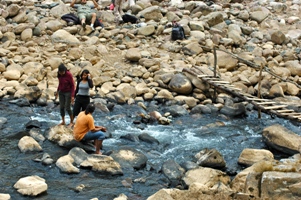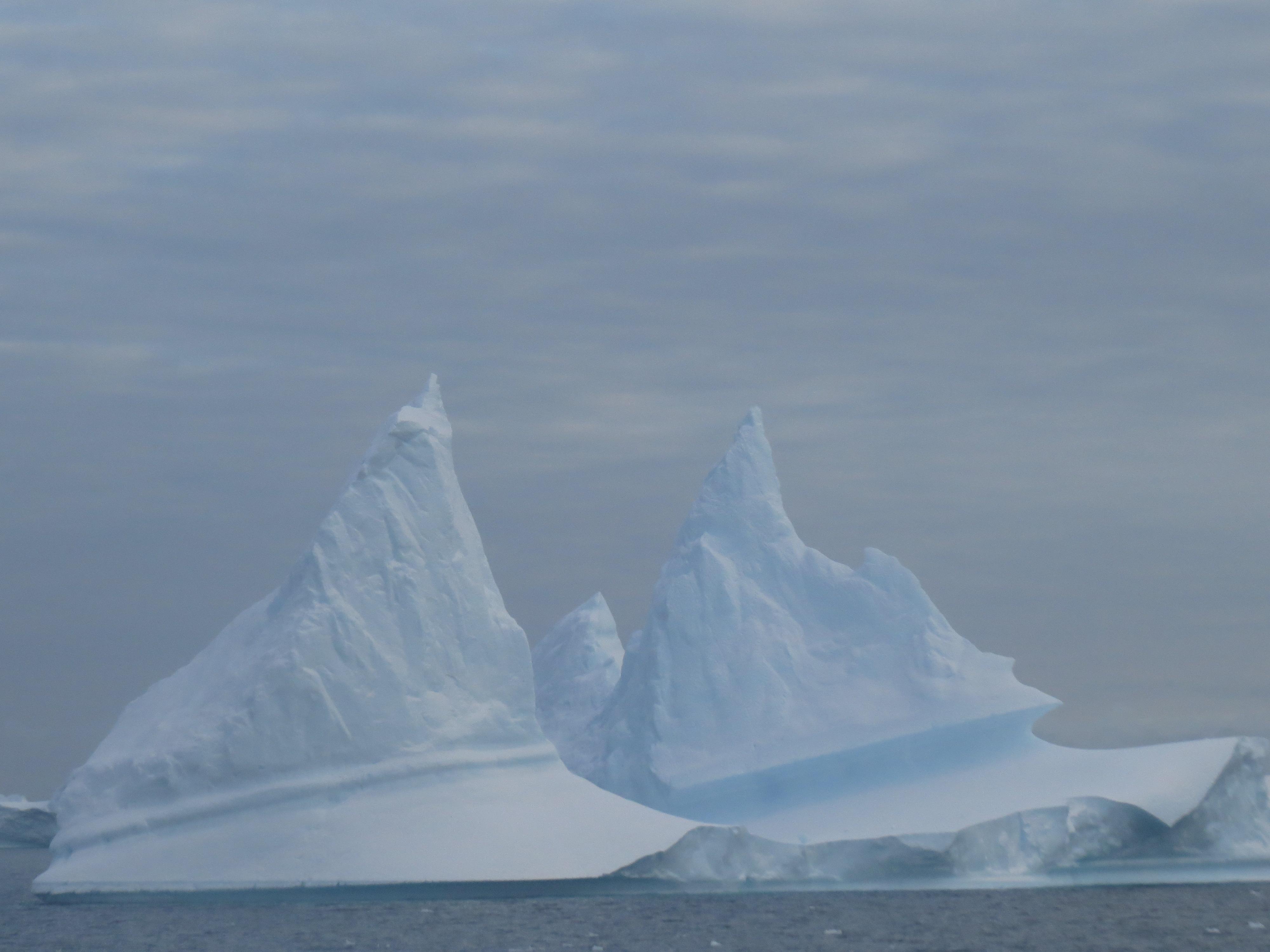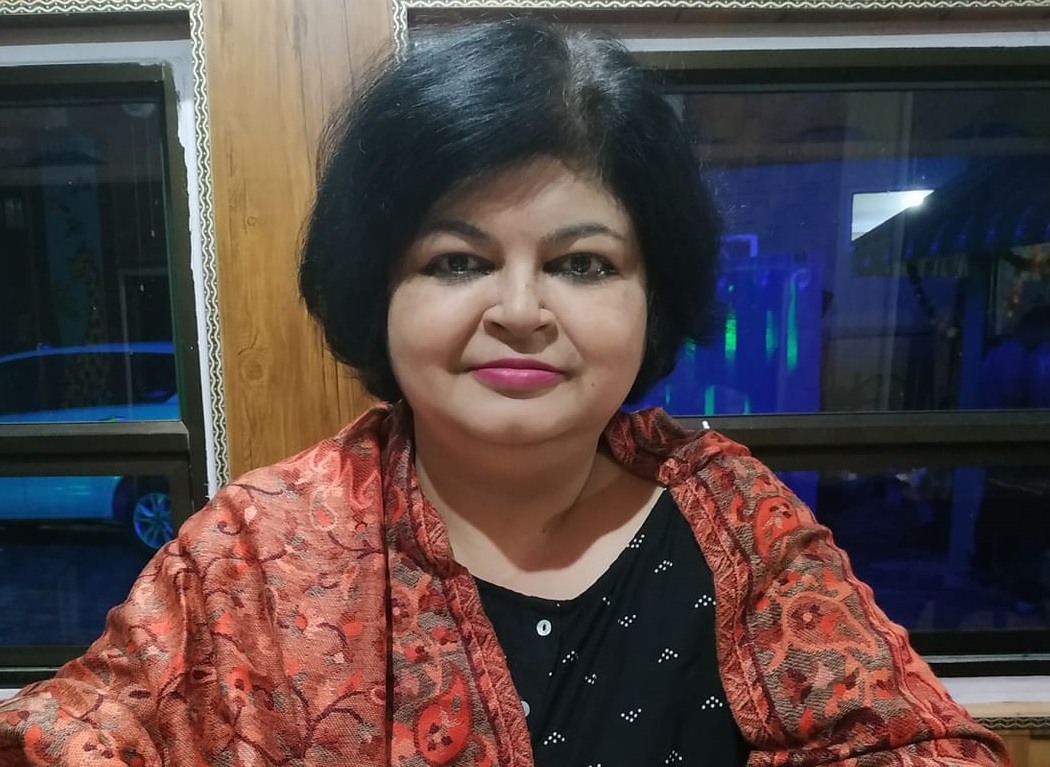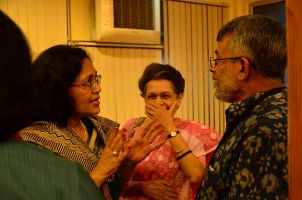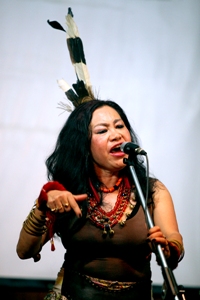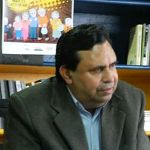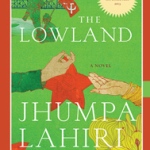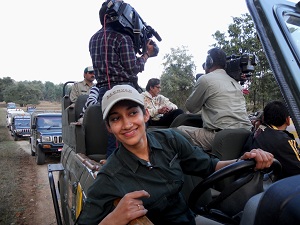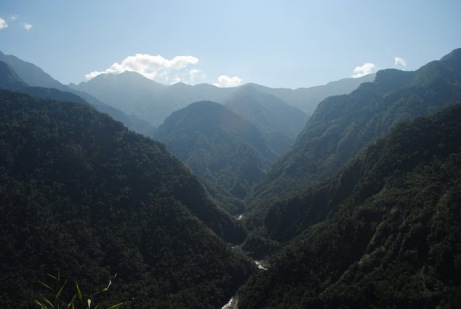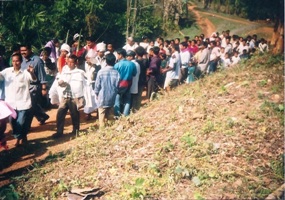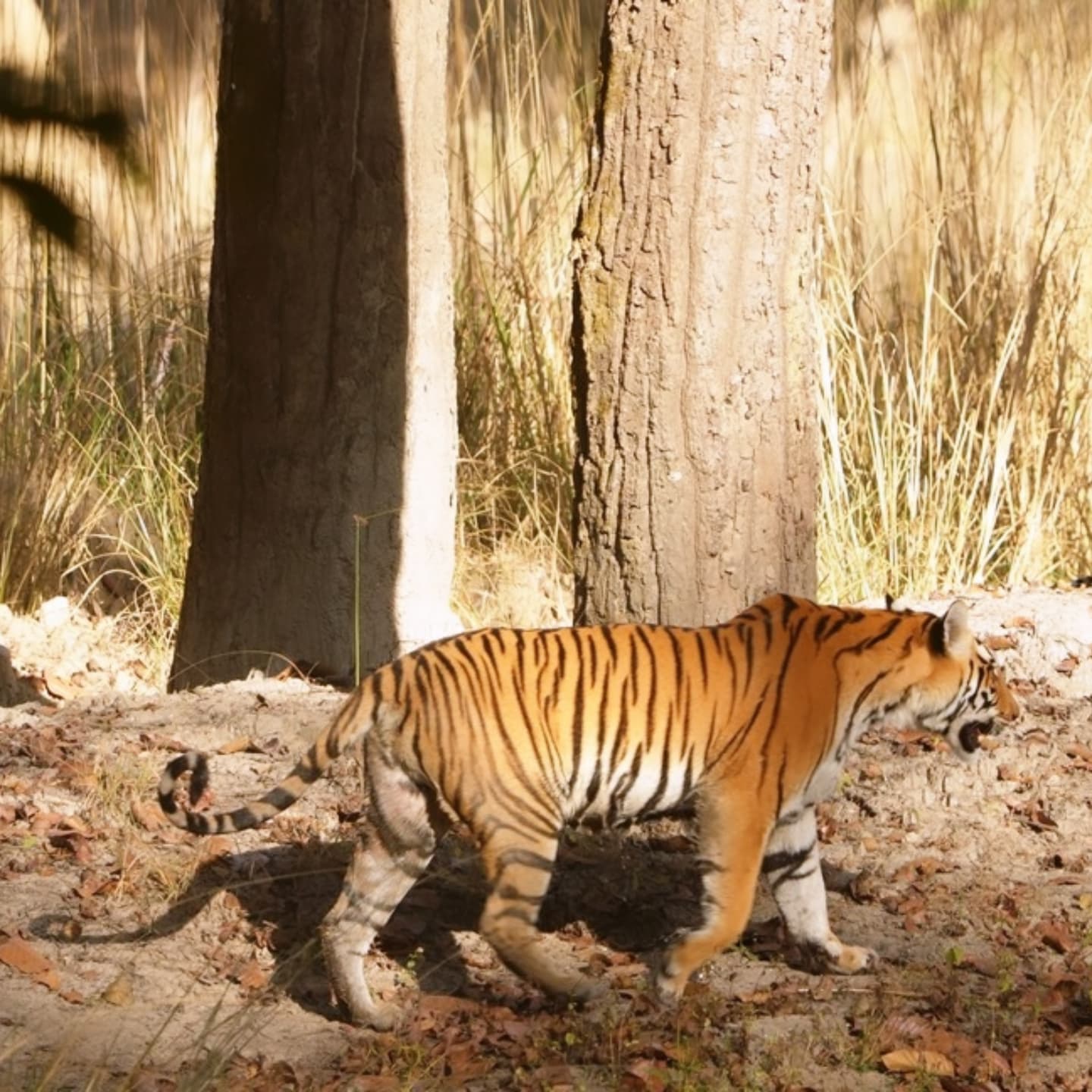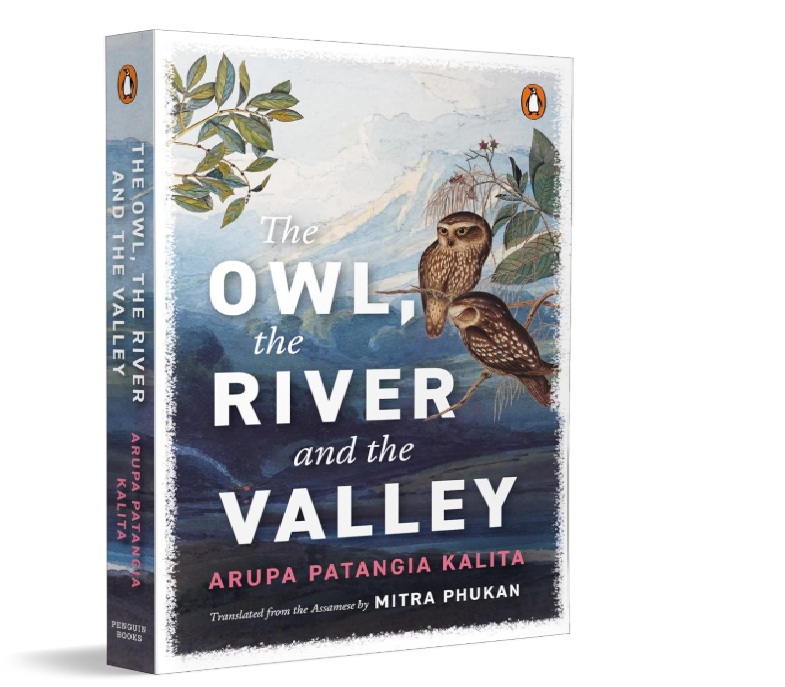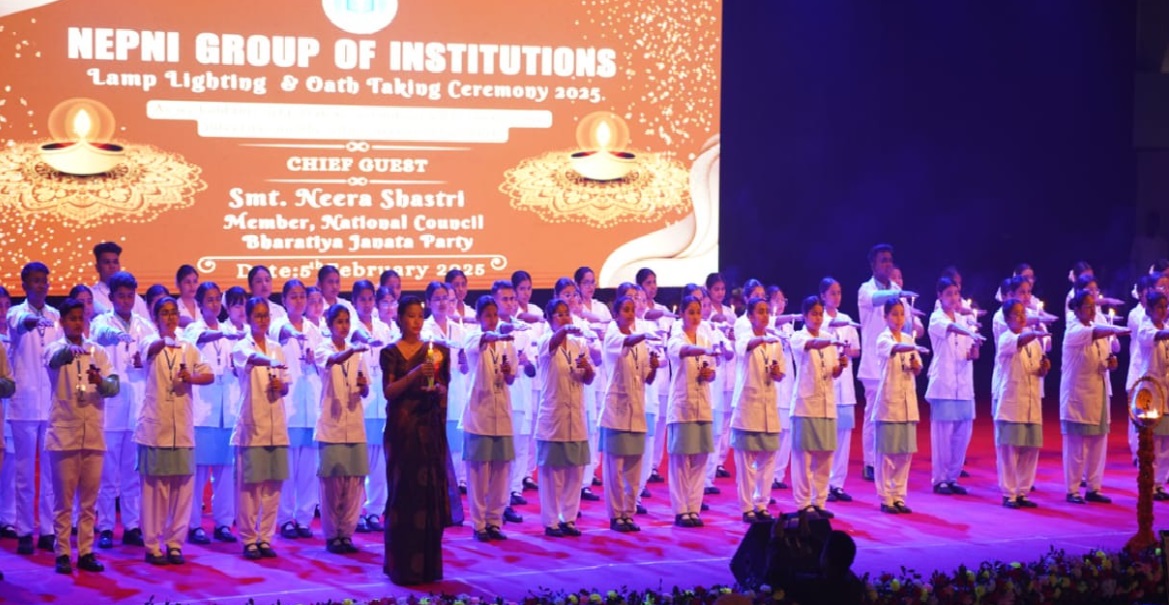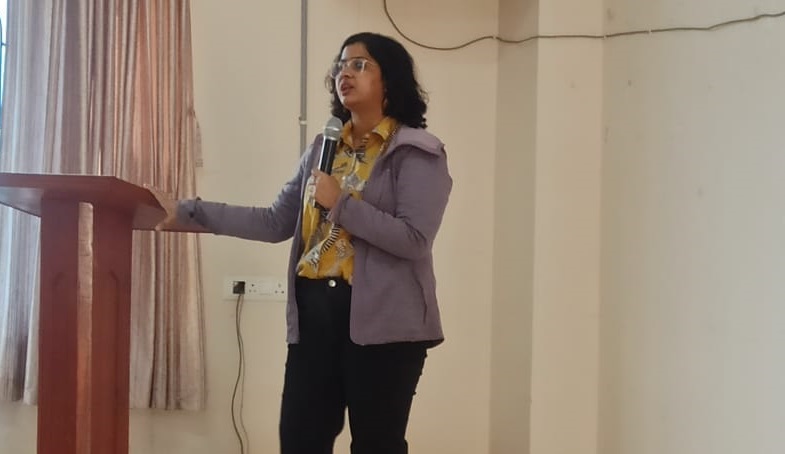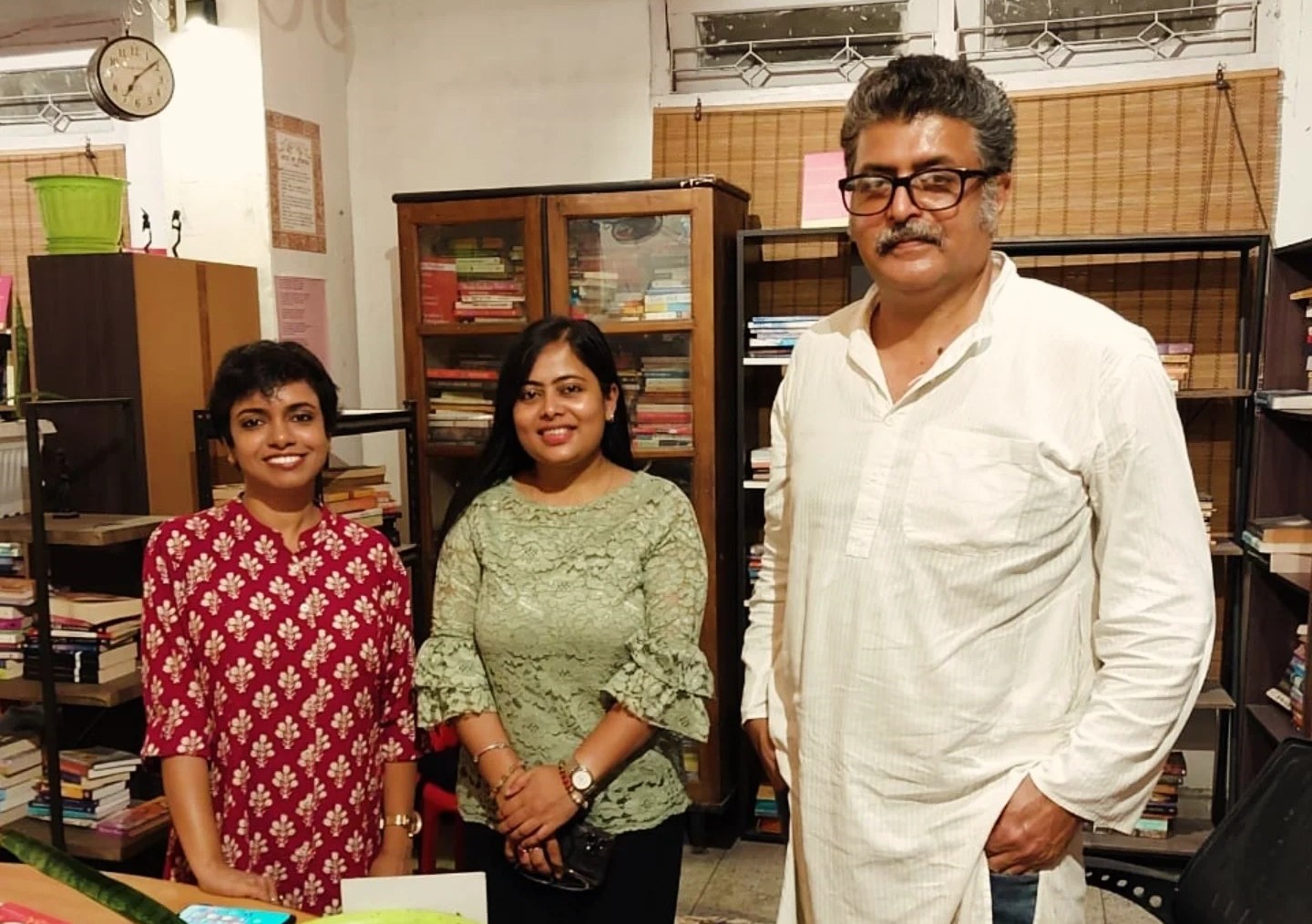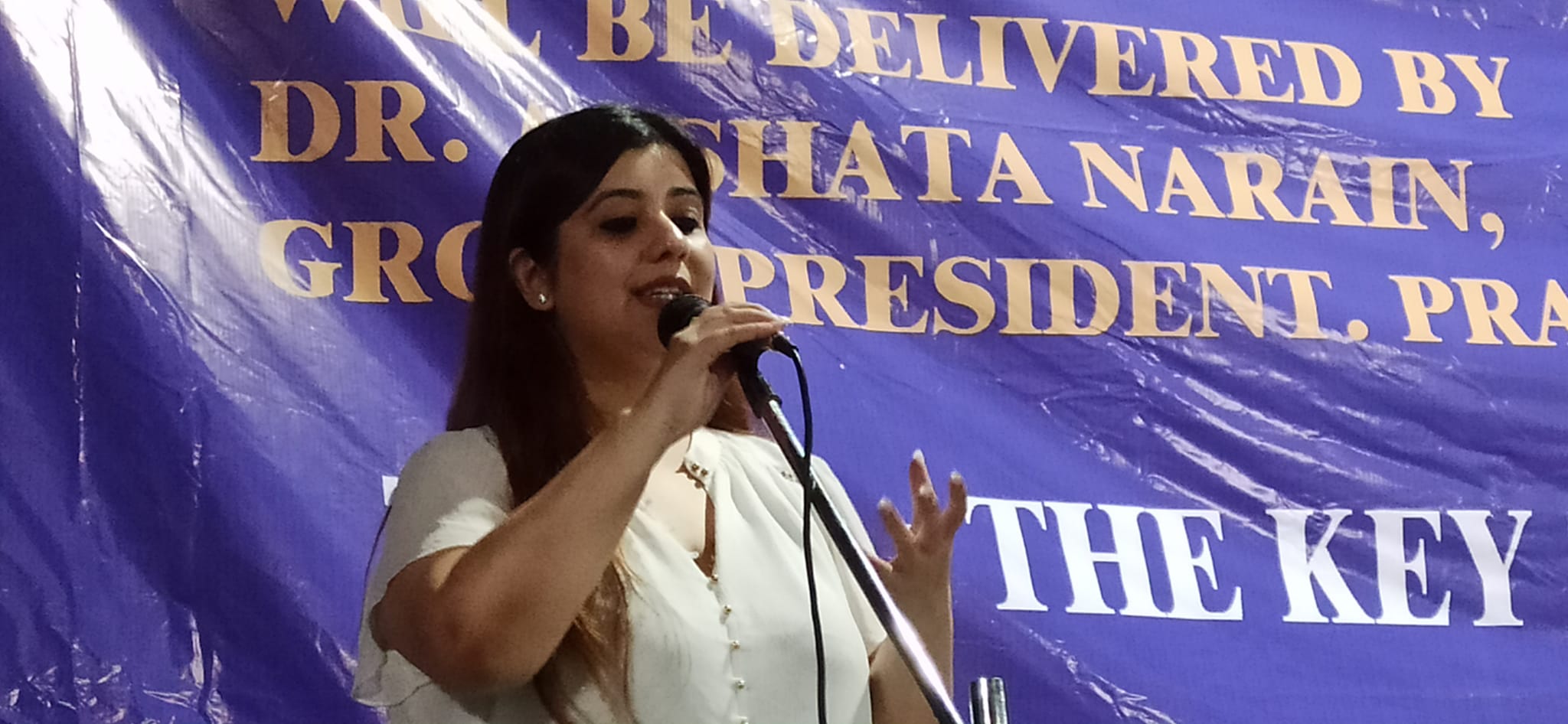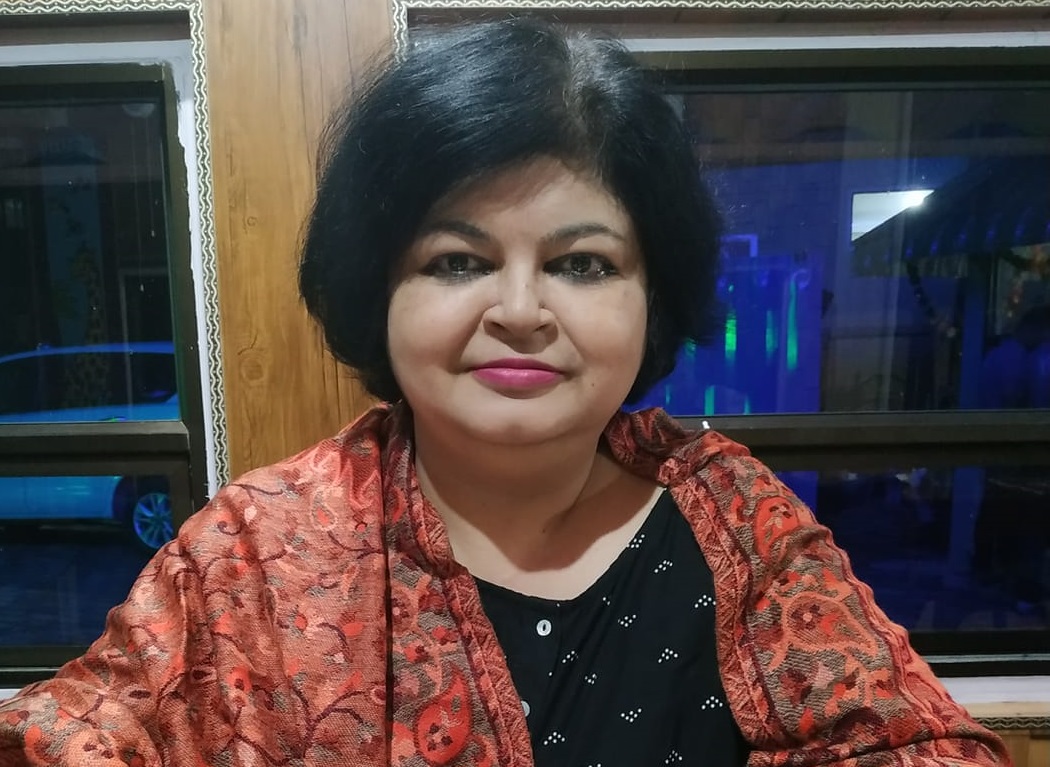“You go away for a long time and return a different person - you never come all the way back.”
- Paul Theroux
Every experience changes, and ways one may never figure sometimes. There is no substitute for experience, even in today’s age of the information glut. One can argue for experience, ‘especially’ due to the information glut. The more information we are accosted with, the more misconceptions, misinformation and opinions we harbour. This is especially true of any region that we cannot or do not relate to though it holds us in thrall.
The northeastern region of India, Kashmir and the forests of Central India are just a few contemporary examples where fact and opinion merge into one continuous narrative which tries its best to remain unchallenged. Further, we live desensitised lives, having lost touch with the basic essence of humanity - living in concert with nature. Anyone who does, is viewed with suspicion or contempt.
Journeys with Meaning began as an attempt to reconnect humans with nature, something we rely on but often forget is a living being much like us. We need to engage with communities all over, go beyond travelling like tourists and become travellers. This connect between fellow humans and between humans and nature is essential for our existence - though not necessarily the way we live right now.
Why did I ever travel to the Northeast?
The first time I decided to travel to a place I had heard of and imagined was clear my head of misconceptions - about who I was and regarding the places I was going to. There was no fixed itinerary, just a list of places to visit marked on a piece of paper with their general directions memorised by perusing a map. From then on, it was just about gathering the guts to get out of the comforts of a home and the perceived comforts of a state of mind which refused to let go of its hold on me.
Journeys with Meaning tries to tackle just this refusal to get out of your comfort zone, whatever that may be. We are only facilitators who show the world for what it is and the people who make it. Trying to put meaning into the journey is what makes us tick. What consequences it has and how you let it affect you, is entirely left to the individual and the group she/he is travelling with.
There are many people today who wish to make a difference. They may be starting out with life or set in their careers. They may be seeking a path or may seek a change of paths. The only thing one can do is give them options to choose their own. Ignorance is a flimsy excuse when information flows faster and more abundantly than fresh water, which is disappearing fast.
When what is around us is looked as a natural resource to be harvested, it is time we start changing the paradigm with which we look at the world. Much like us, it is an evolutionary marvel. Much like us, it dies if abused. Unlike us though, it takes even more time to set itself right as it follows a certain order of processes which are in cohesion with its environment. The importance of this process is lost upon a majority of humanity in this age of instant gratification.
With Journeys with Meaning, we try and make our fellow travellers slow down, revel in the moment and enjoy it for what it is. There is much joy to be found in our immediate environment if the mind is open and not immersed in thought.
The dominant perception of the Northeast is an area of insurgency problems, army, bloodshed, violence and jungles. The lens through which the North East is witnessed is primarily armed and militarised.
What it is though, is an area rich in indigenous culture and knowledge. Many communities live their lives in a holistic manner based on systems thinking. They are aware of the symbiotic relationship they have with their environment though it may not be apparent in the way some of them live.
The way private property is defined in Meghalaya has been an eye-opener for me. The way people utilise their resources to survive in the face of perceived helplessness is another. In an area which witnesses the highest rainfall in the world - Sohra, also known as Cherrapunjee - there is a chronic water problem. Two hundred years of systematic deforestation for farmland, logging and mining have left Sohra with no topsoil due to the lack of trees. There is also no water retention due to the lack of top soil.
Travellers from water deficient states like Rajasthan who have come to Sohra with us marvel at the situation there. They have had no need to develop water harvesting systems due to the rainfall and consequently are starting to realise their importance now. The rainfall in Sohra is so intense that it is said rainwater that falls in Sohra reaches Bangladesh in less than five minutes!
What we take away are our experiences from a people who are fiercely proud of their knowledge yet realise the lure that the dominant system holds for the present. As a parting example, none can be more relevant than this for a brighter future. Living rot bridges exist in the foothills of Meghalaya bordering Bangladesh. They are made out of guiding the unruly roots of the rubber tree through the straight bark of the acacia tree. Ina few decades, maybe five or six, the roots from opposite banks intertwine to form a bridge, stronger than anything made of metal that exists in the same area.
Few people, if any at all, who help in making the bridge, live to use it. It is this idea, feeling, inspiration that we come away with.
Find us on facebook: facebook.com/TheThumbPrintMag
